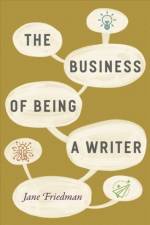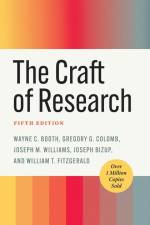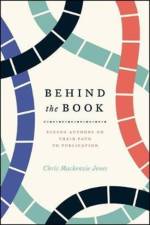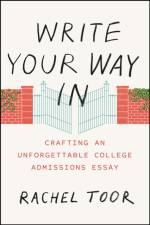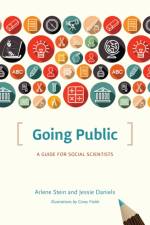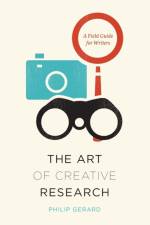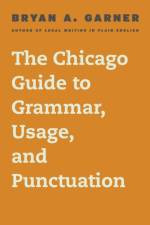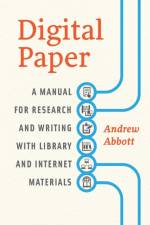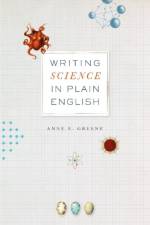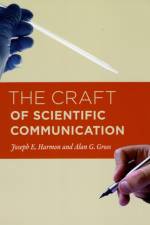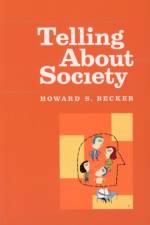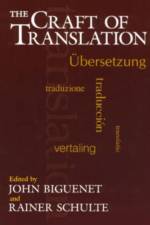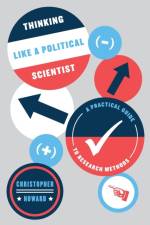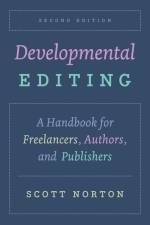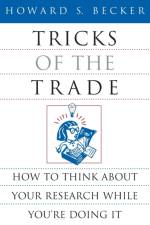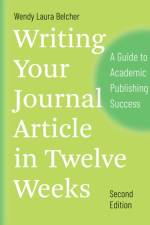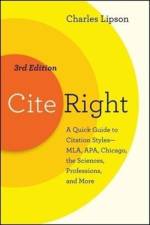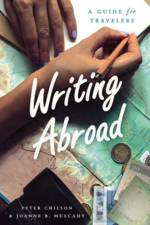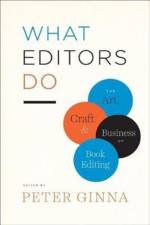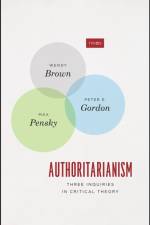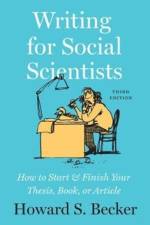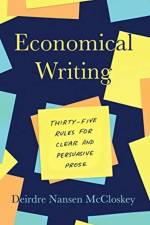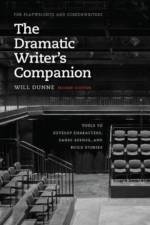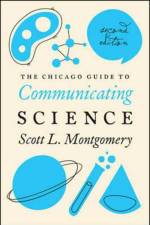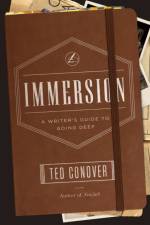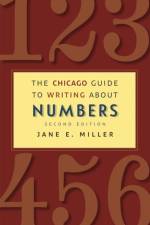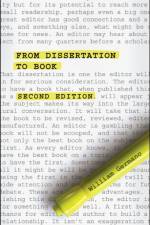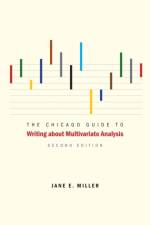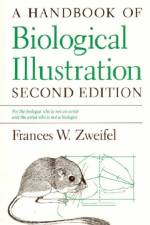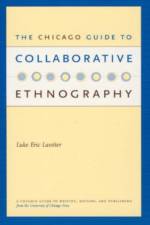- Thirty-Five Rules for Clear and Persuasive Prose
av Deirdre N McCloskey
251
Economics is not a field that is known for good writing. Charts, yes. Sparkling prose, no. Except, that is, when it comes to Deirdre Nansen McCloskey. Her conversational and witty yet always clear style is a hallmark of her classic works of economic history, enlivening the dismal science and engaging readers well beyond the discipline. And now she's here to share the secrets of how it's done. Economical Writing is itself economical: a collection of thirty-five pithy rules for making your writing clear, concise, and effective. Proceeding from big-picture ideas to concrete strategies for improvement at the level of the paragraph, sentence, or word, McCloskey shows us that good writing, after all, is not just a matter of taste--it's a product of adept intuition and a rigorous revision process. Debunking stale rules, warning us that "footnotes are nests for pedants," and offering an arsenal of readily applicable tools and methods, she shows writers of all levels of experience how to rethink the way they approach their work, and gives them the knowledge to turn mediocre prose into magic. At once efficient and digestible, hilarious and provocative, Economical Writing lives up to its promise. With McCloskey as our guide, it's impossible not to see how any piece of writing--on economics or otherwise--can, and perhaps should be, a pleasure to read.

